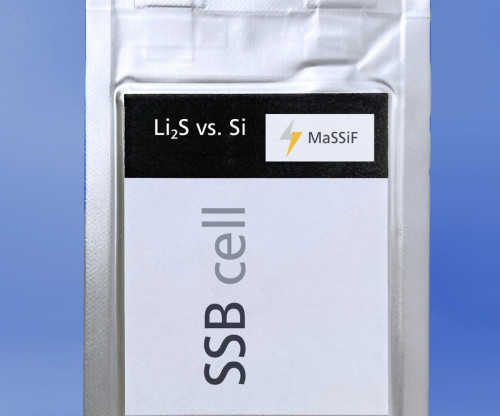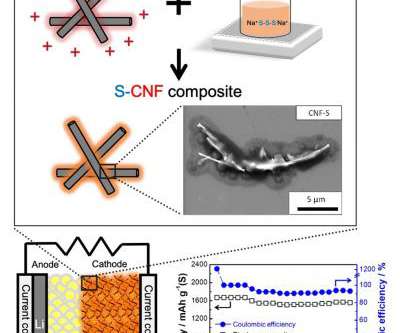Fraunhofer leading “MaSSiF” research project on solid-state sulfur-silicon batteries
Green Car Congress
APRIL 26, 2023
The focus of the research project “MaSSiF – Material Innovations for Solid-State Sulfur-Silicon Batteries” is the design, construction and evaluation of lightweight and low-cost sulfur-based prototype cells with high storage capacities. The combination with sulfur as the cathode active material holds particular promise.

































Let's personalize your content